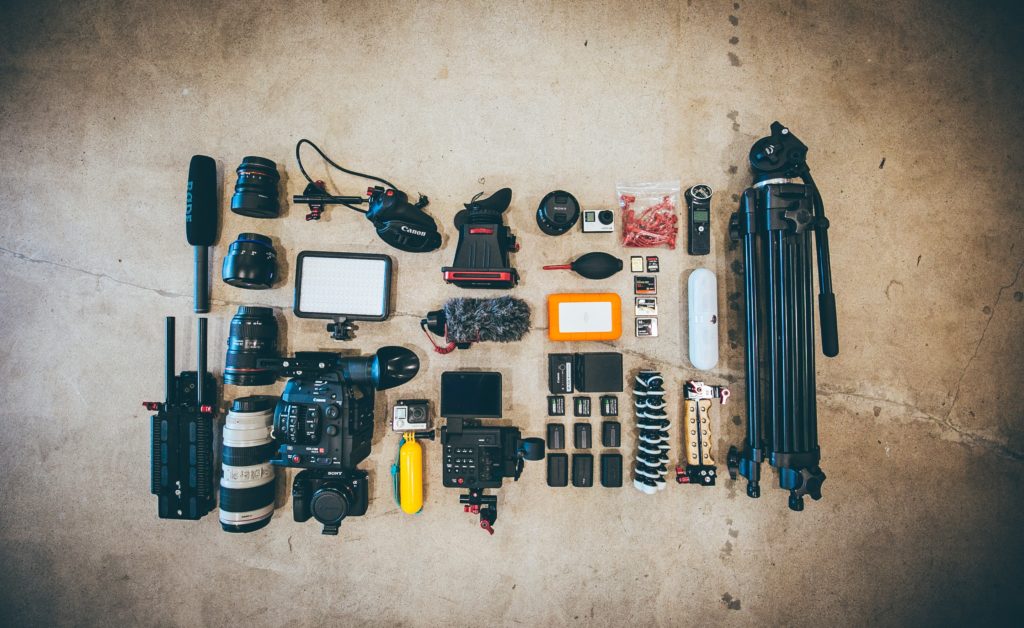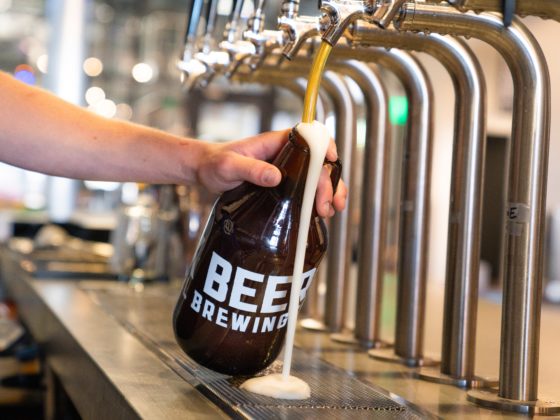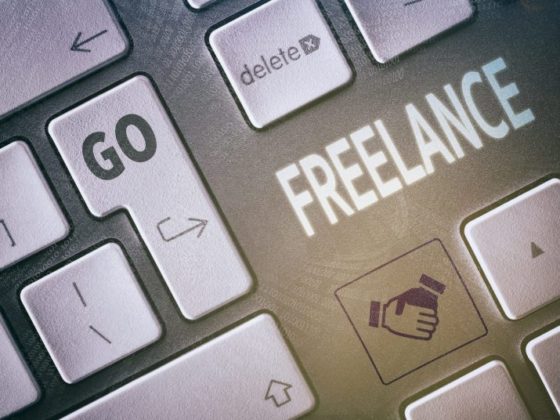It’s a lasting dilemma for film crews, production houses, and freelance camera people: Do I buy camera equipment or rent gear on a case-by-case basis? You may purchase the latest and greatest only to find it sitting on the shelf when the next best thing replaces it a month later. We talked to Pierre Habib of Dunia Films to take some of the mystery out of renting camera equipment.
Here’s what we found out.
What to think about no matter what:
Freelance video production gear maintenance comes with a cost. You can buy great gear and get quality images without having to spend an arm and a leg. But lower quality film equipment also has a tendency to get beat up more quickly. Video production is rigorous. Reputable rental companies can provide a replacement if something happens to your gear —a guarantee you may not be able to make yourself.
Not all cameras are created equally. Entry-level cameras depreciate in a couple of years. High-level ones have a longer shelf life. The camera that starts out filming high-budget films may be more appropriate for indies and TV commercials after a couple of years, but that still gives you time to ride the wave. If you buy something entry-level, consider selling before it depreciates completely and using that money to invest in your next piece of gear.
Grips are forever
Grip gear has been the same for the last 100 years and will remain so for the foreseeable future. You may upgrade your camera 35 times before you need a new jib. It maintains its value forever. That said, if you don’t want to haul your stuff around when traveling and spend big bucks checking an extra bag at the airport, you can rent grip gear for about $4 a day versus buying it new for $130.
…but lighting isn’t
Speaking of hauling crap around—LED lights are big, bulky and rapidly evolving. Like cameras, their value depreciates instantly. The second you walk out of the store with a new piece of lighting equipment, there will be something better and cheaper available. Keep this in mind as you determine how to best invest in your business.
A camera is never just a camera
With all their promise and sparkle, they are really fun to buy, but in order for it to be everything you want it to be, you will need to buy more than the device itself. If you can’t afford the accessories that make it functional, you can’t afford the camera. It’s that simple.
Four scenarios to buy camera equipment new:
- If you will use the gear a lot. Check out rental houses’ day rates. They typically range from around 5% to 9% of the cost to own the equipment. So if you do the math and know you’ll use the gear for 20 days or more, you are better off buying.
- The risks are low and the rewards are potentially high. Even if you don’t expect a piece of gear to be a large part of your business, if the technology isn’t too cost- or time-prohibitive, you don’t have much to lose. Now that the costs have come down, drones are a good example of a low-risk product. You can buy a low-end drone, get a ton of practice, and invest in something better later if you find it serves your business well. Dive in. Have fun.
- You’ll make it a big portion of your business model. If your budget allows and you will use the equipment frequently—invest. It may be a financial stretch upfront, but if it brings new business or allows you to offer the best to your clients, it’s worth it.
- You will get high value for your gear even if the technology quickly improves. If a product offers a huge value to the business today, who cares if something better and sleeker equipment is available later? Some dinosaur cameras like the MD MARK II give a look and feel that people love. If you can get a great deal on something like that and get great practice using it, you have nothing to lose.
What to think about when buying used or renting online:
Buy used when you don’t need the latest and greatest. Rental houses make money in two ways. They rent gear until they make a profit and then they sell the used gear. You can get something pretty great from their retail side at a much better price. The same applies online at places like lensauthority.com. By skipping brick and mortar, online companies are able to offer lower prices, but the lower cost comes with a downside. You don’t get a chance to see or test your equipment. And even with overnight shipping, any malfunction means waiting for replacement gear, which can be very costly when you have other crew members and a tight schedule.
Consider participating in a gear exchange site. KitSplit allows owners to rent their own gear out to make a few bucks and renters to find the gear they need from others in the film industry.
The bottom line
If you arm yourself with a little bit of info, you can make smart decisions about new technology.
This post originally appeared on ProductionHub here.
Enjoying our series on how to invest in your freelance company? With almost three decades in the industry, we have a lot of tips—and connections. Sign yourself up on Crew Connection for free and let our international clients come to you. Want to talk to one of our coordinators? Contact Us here or call us anytime at 303-526-4900.







